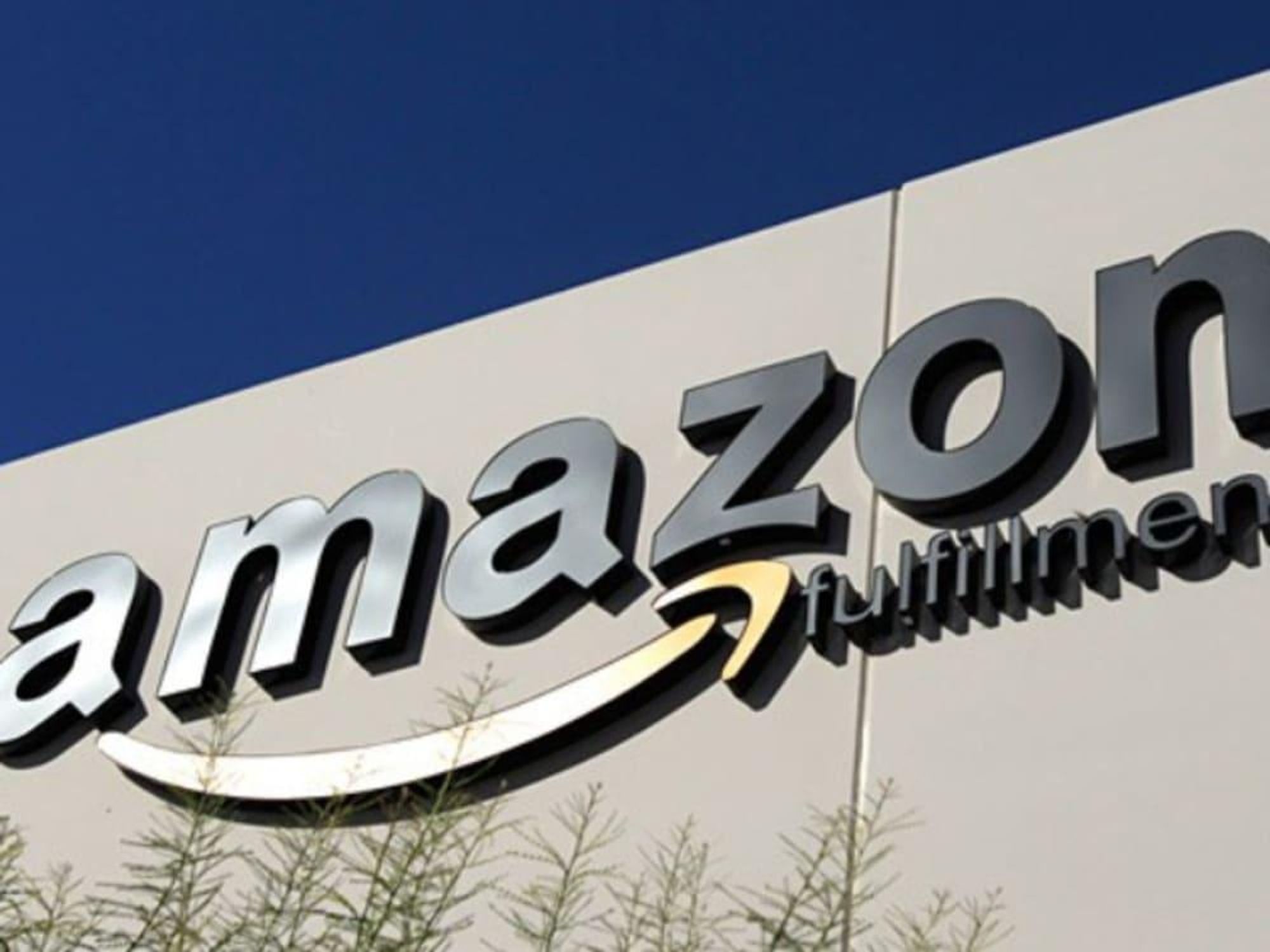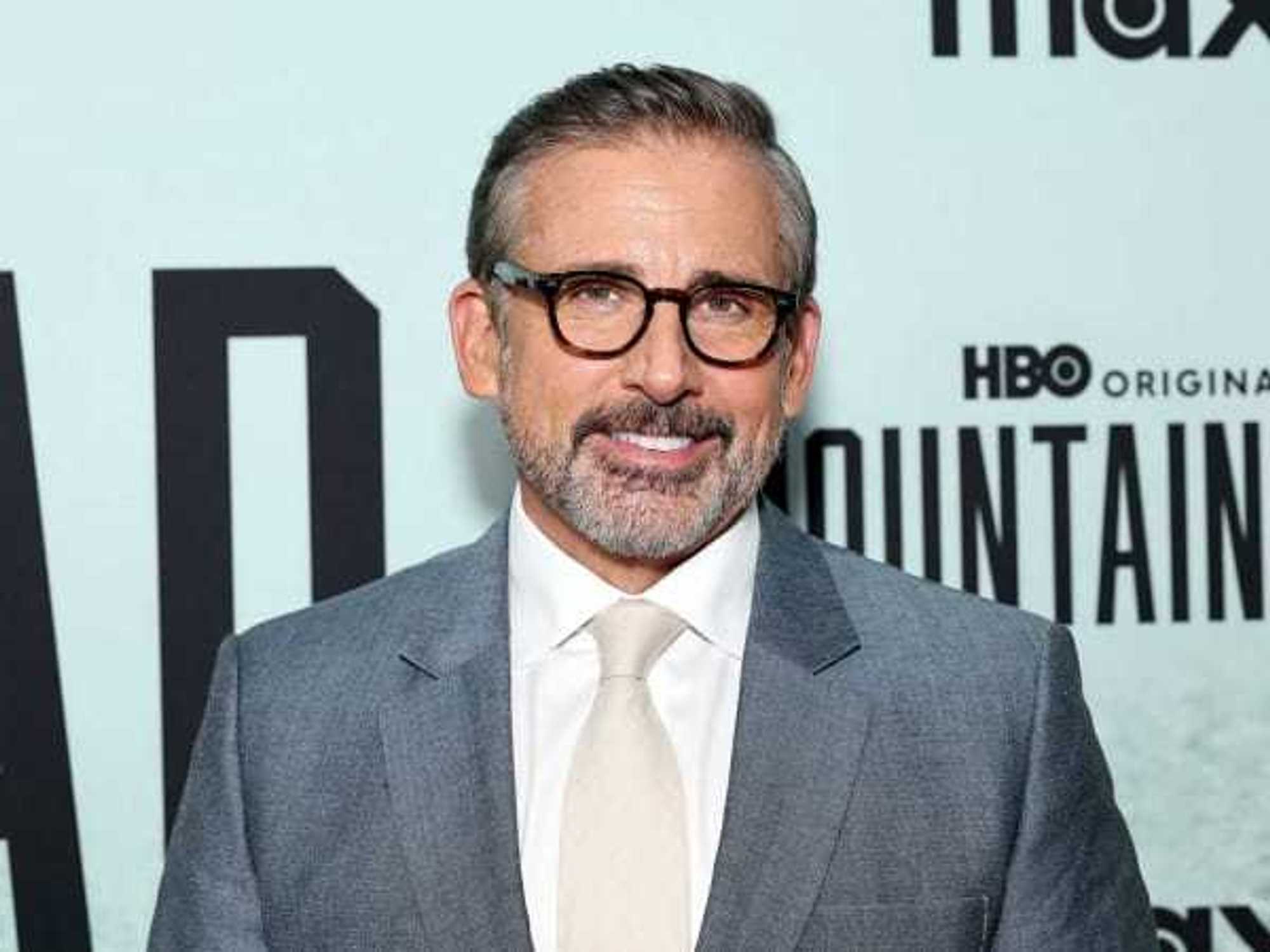Poison Apple
Austin could score more Amazon jobs after shocking HQ2 decision to ditch New York

Amazon’s Valentine’s Day bombshell that it’s dropping New York City as a site for HQ2, its satellite headquarters, offers a lot for Austin and Dallas to love — including the potential for more jobs.
“It could well be that New York’s loss is, to some degree, Texas’ gain, including the well-established locations of Austin and Dallas-Fort Worth,” Mark Hamrick, senior economic analyst at Bankrate.com, tells CultureMap.
Austin was among the 20 finalists for Amazon’s HQ2, which initially was supposed to deliver as many as 50,000 jobs in one city as part of a $5 billion investment in a second North American headquarters.
In a statement released February 14, Seattle-based Amazon said it doesn’t plan to reopen the much-hyped HQ2 search in the wake of its New York City pullout. Amazon’s abandonment of the Big Apple was prompted by fierce backlash from some state and local politicians and community activists over HQ2 concerns such as tax incentives and gentrification.
Now, the e-commerce giant says it’ll focus on its already announced plans to add a satellite headquarters in Northern Virginia with up to 25,000 jobs and an operation in Nashville with up to 5,000 jobs. New York City would have picked up as many as 25,000 jobs in a surprise split of Amazon’s second headquarters between New York and Northern Virginia.
Amazon added, however, that it also will continue to enlarge its footprint at 17 existing corporate offices and tech hubs in the U.S. and Canada, which includes its substantial presence in Austin's Domain area.
John Boyd, a site selection consultant in New Jersey, says Amazon’s retreat from New York City represents “a terrific opportunity” for runner-up cities like Austin to attract more Amazon jobs. “Clearly, Amazon felt that the reality of being in the epicenter of the nation’s ultra-progressive movement ... is bad for business,” Boyd says.
Boyd notes that Amazon’s headquarters in New York City would have been in the congressional district of U.S. Rep. Alexandria Ocasio-Cortez, a high-profile progressive politician who staunchly opposed the company's move into the Long Island City neighborhood of Queens.
Experts say the pro-business posture of Texas stands in stark contrast to the mixed messages that Amazon received from HQ2 supporters and opponents in New York.
“Clearly, Texas holds a lot of appeal for tech companies, as it has for years, going back to the dawn of the semiconductor and computing industries, including mainframes and the PC,” Hamrick says. “So, it is a natural magnet for highly skilled workers as well as enterprises who appreciate the Lone Star State’s relatively low cost of living, low taxes, and pro-business mentality.”
According to Hamrick, Amazon might proceed with corporate growth in places like Austin and Dallas more quietly than was the case with the very public HQ2 search.
“Now that the New York version of HQ2 is off the drawing board, Amazon may well want to conduct future expansion and hiring off the radar to some degree,” he says. “The high degree of publicity surrounding this entire process may have backfired ... in that it also drew opposition. Of course, Texas is a world away from New York for all kinds of reasons.”
Danielle Trevino, a spokeswoman for the Greater Austin Chamber of Commerce, says Amazon hasn’t contacted the chamber about its post-New York City steps.
“We are always open to working with companies that want to consider doing business and creating jobs for families in Central Texas,” Trevino adds.
As of the afternoon of February 14, the Dallas Regional Chamber hadn’t issued a response to the Amazon news.
Tom Stringer, managing director of site selection and incentives at consulting firm BDO, says he suspects economic development officials in Austin, Dallas, and other places that were HQ2 finalists are reaching out to Amazon executives following the New York announcement. They’re seeking to capitalize on what Stringer calls the “fumble” made by New York officials in bringing the HQ2 project across the goal line and the “poor job” done by Amazon executives in understanding the local political field.
“This is a stunning development, with Amazon essentially giving in to vocal critics who bemoaned the tech giant’s decision to set up a new substantial outpost in Long Island City. … For those who didn’t want Amazon to bring the promised 25,000 new jobs and added economic vitality to the area: Be careful what you wish for,” Hamrick says.
Boyd notes that Amazon doesn’t want to be “treated like a villain,” as it felt was the situation in New York.
“This is a company facing potential anti-trust issues, and it is operating in highly regulated industries like multimedia and healthcare. They need goodwill among the public and among lawmakers,” Boyd says. “Texas — with its history of pro-business governors, its pro-business state Legislature, its economic-development-minded members of the House and Senate, and its highly successful regional economic development programs — shines in this aspect.”
